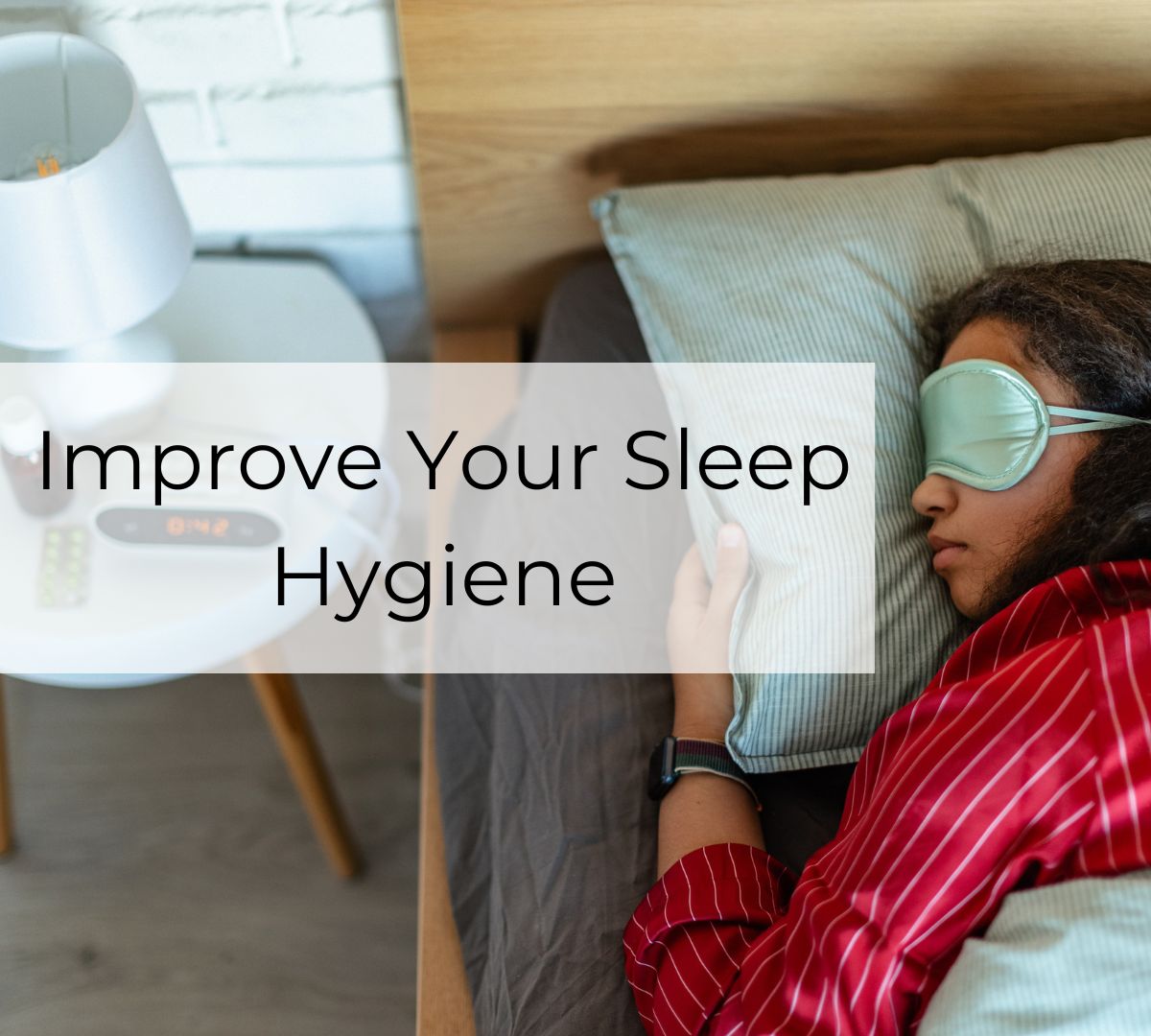Sleep is more than just a necessity; it’s a cornerstone of our well-being. Yet, many of us struggle to achieve the restful slumber we need to function at our best. This is where sleep hygiene comes into play. By cultivating better habits and creating a sleep-friendly environment, you can set the stage for consistent, uninterrupted rest that rejuvenates both body and mind.
Why Is Sleep Hygiene Important?
Quality sleep isn’t just about feeling rested; it’s about nurturing your physical and mental health. From improving your mood and cognitive function to boosting your immune system, a good night’s sleep has profound benefits that ripple across your life. Unfortunately, poor sleep is a growing issue, and bad habits often exacerbate the problem.
But here’s the good news: with the right approach, you can rewire those habits to work in your favor. Sleep hygiene is about building a routine and environment that make sleep a natural part of your day. And the best part? It’s low-cost and comes with virtually no risks, making it a powerful tool for combating widespread sleep issues like insomnia and sleep deprivation.
Signs of Poor Sleep Hygiene
How do you know if your sleep hygiene could use some improvement? Here are a few telltale signs:
- Difficulty falling asleep: Tossing and turning for hours before finally drifting off is a red flag.
- Frequent sleep disturbances: Waking up multiple times during the night disrupts your sleep cycle and leaves you feeling tired.
- Daytime fatigue: If you’re constantly tired during the day, despite spending enough time in bed, your sleep quality might be suffering.
An inconsistent sleep schedule, irregular bedtimes, and a lack of restful sleep are all indicators that your sleep hygiene needs some attention.
How to Practice Good Sleep Hygiene
Improving your sleep hygiene is all about setting yourself up for success. By optimizing your sleep schedule, refining your pre-bed routine, and creating healthy daily habits, you can make quality sleep a more consistent part of your life.
Here’s a breakdown of the steps involved:
Set a Sleep Schedule
Creating a regular sleep schedule is one of the most effective ways to improve your sleep hygiene. When your body gets used to a consistent sleep-wake cycle, it becomes easier to fall asleep and wake up feeling refreshed.
- Stick to a fixed wake-up time: Whether it’s a weekday or weekend, try to wake up at the same time every day. Your internal clock is regulated by this constancy.
- Prioritize sleep: Avoid sacrificing sleep for work, study, or social events. Set a target bedtime that allows you to get the full amount of sleep your body needs.
- Make gradual adjustments: If you need to shift your sleep schedule, do it gradually—about 30 minutes to an hour at a time—to avoid disrupting your natural rhythm.
- Be aware of naps: Although they can be helpful, prolonged or late-afternoon naps can disrupt your sleep at night.
Follow a Nightly Routine
Your pre-bed routine plays a crucial role in preparing your mind and body for sleep. A calming routine can signal to your brain that it’s time to wind down.
- Keep it consistent: Performing the same steps each night—like brushing your teeth, washing your face, and changing into sleepwear—can cue your brain that it’s time for bed.
- Wind down for 30 minutes: Engage in relaxing activities such as reading, light stretching, or listening to soothing music to help ease into sleep.
- Dim the lights: Bright lights can interfere with melatonin production, a hormone that aids sleep. Dim your lights as bedtime approaches.
- Unplug from electronics: The blue light emitted by phones, tablets, and computers can disrupt your sleep cycle. Try to disconnect from screens at least 30-60 minutes before bed.
- Practice relaxation techniques: Instead of focusing on falling asleep, practice relaxation techniques like deep breathing, meditation, or mindfulness to calm your mind.
- Avoid tossing and turning: If you can’t fall asleep after 20 minutes, get out of bed and engage in a calming activity until you feel sleepy. This helps prevent frustration and creates a positive association with your bed.
Cultivate Healthy Daily Habits
Sleep hygiene isn’t just about what you do at night; your daytime habits can also influence your ability to sleep well.
- Get daylight exposure: Natural light helps regulate your circadian rhythm, making it easier to fall asleep at night.
- Stay physically active: Regular exercise promotes better sleep, but try to avoid vigorous workouts close to bedtime.
- Limit smoking and alcohol: Nicotine is a stimulant that can disrupt sleep, while alcohol, although it might make you feel sleepy, can interfere with your sleep later in the night.
- Cut back on caffeine: Avoid caffeine in the afternoon and evening to prevent it from keeping you awake at night.
- Time your meals wisely: Eating a heavy meal late at night can disrupt your sleep. Choose something light if you need to eat something before bed.
Optimize Your Bedroom Environment
Your bedroom should be a sanctuary for sleep. By creating a peaceful and comfortable environment, you can set the stage for better rest.
- Choose a comfortable mattress and pillow: Invest in a mattress and pillow that suit your sleeping style and provide proper support.
- Select the right bedding: Your sheets and blankets should be comfortable and suitable for the temperature in your room.
- Maintain a cool room temperature: Most people sleep best in a slightly cool room, around 65°F (18°C).
- Block out light: Use blackout curtains or an eye mask to keep your room dark and conducive to sleep.
- Minimize noise: Earplugs or white noise machines can help drown out disruptive sounds that may keep you awake.
- Include relaxing scents: You can create a peaceful ambiance in your bedroom by using lavender and other mild, calming scents.
Is Sleep Hygiene the Same for Everyone?
While the principles of sleep hygiene are universal, how they’re applied can vary from person to person. Your ideal sleep environment and habits may differ based on your preferences, lifestyle, and needs. Experiment with different approaches and make adjustments to find what works best for you.
It’s also important to recognize that while improving sleep hygiene can be incredibly helpful, it’s not a cure-all for serious sleep disorders. If you’re dealing with chronic insomnia, sleep apnea, or other persistent sleep issues, it’s best to consult a healthcare professional for specialized treatment.
Improving your sleep hygiene is a powerful step towards better mental and physical health. By making thoughtful adjustments to your environment and daily routines, you can pave the way for more restful, rejuvenating sleep. Recall that getting enough sleep is essential; it’s not a luxury. Make exercise a priority, and your body and mind will appreciate it.



